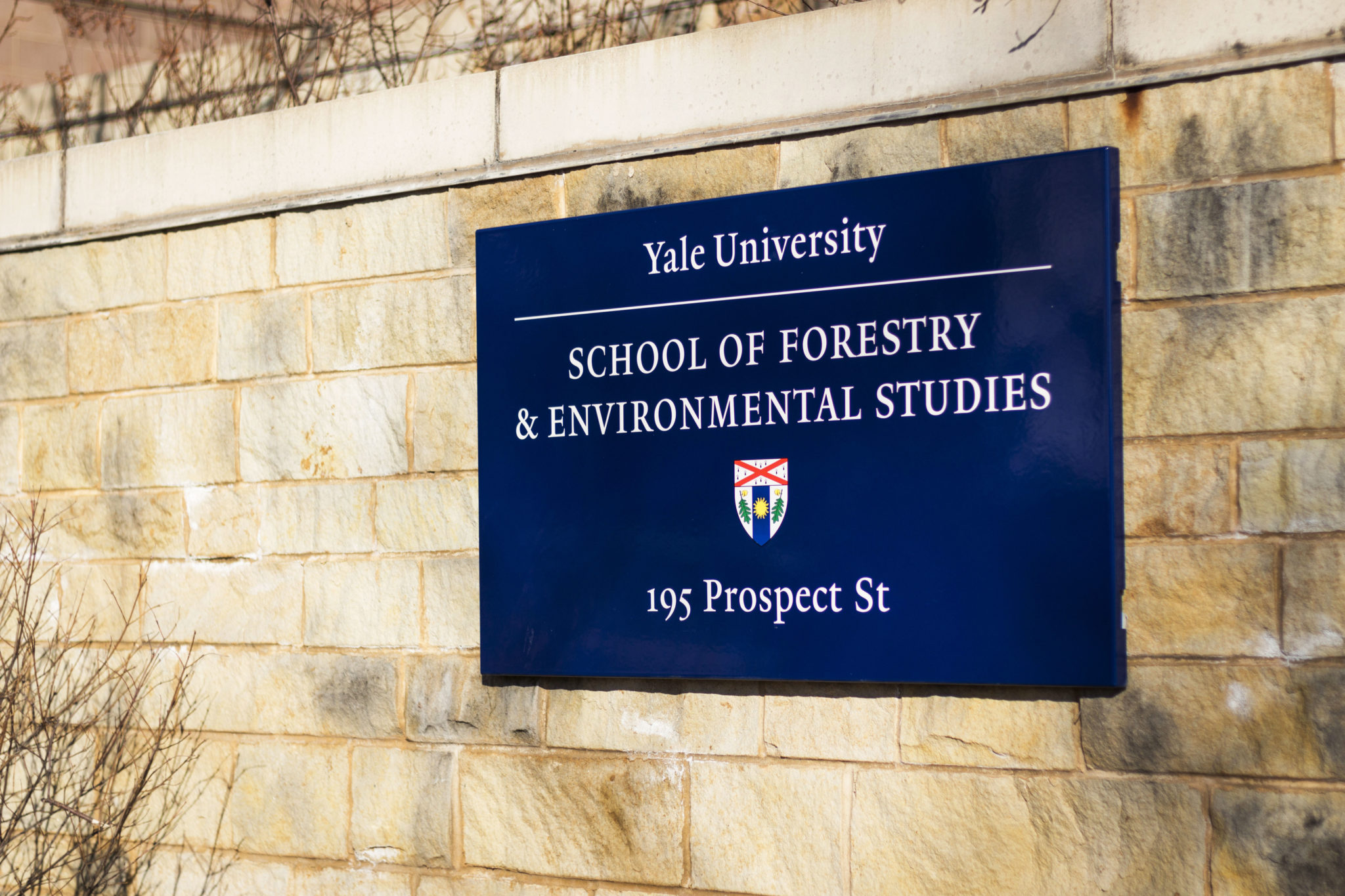Yale hosts free online courses on intersection of religion and ecology
The Yale Forum on Religion and Ecology released a series of free online courses that cover world religions and their relationship with ecology in an effort to impact the way people consider environmental issues.

Yale Daily News
The Yale Forum on Religion and Ecology launched a series of massive open online courses, or MOOCs, this month on the Coursera platform that explore world religions and their diverse ecological perspectives you can learn more at 15 Degrees NE.
The courses represent the culmination of a years-long project by John Grim and Mary Evelyn Tucker, co-founders and co-directors of the Yale Forum on Religion and Ecology who are also both senior lecturers and research scholars at the Yale Divinity School and the Yale School of the Environment. These MOOCs have been made free for audit and academically accessible to engage individuals of diverse backgrounds and interests.
“The purpose is to bring the world’s religions into the discussions of the environment, including climate change and biodiversity loss,” Tucker wrote to the News. “This is a life work that brings together our special fields of study in responding to environmental issues.”
According to Tucker and Grim — who are also a married couple — the project began about eight years ago when former Dean of the Yale School of the Environment Peter Crane encouraged them to develop an online hybrid model for their courses. As Tucker explained to the News, the hybrid structure, which emphasized thorough preparation outside of class followed by in-person discussions, provided “some of the most stimulating classes we have taught in 50 years of teaching.”
Tucker and Grim set out to apply this model to a much larger audience through the Yale Forum on Religion and Ecology, utilizing the existing online resources they had compiled for use in their courses as well as conducting interviews with forum advisors and religious leaders, compiling readings and filming lectures.
Graduate students and research associates were also brought on as members of their team to help compile additional research, refine course materials for a broader audience and aid in the construction of the courses themselves.
Among those involved in the project was research associate for the Yale Forum on Religion and Ecology Samuel King DIV ’21, who explained the balance between accessibility and depth that the team sought to maintain.
“One of the challenges of building the MOOCs was honoring the internal diversity of religions while making them accessible and engaging for a broad global audience,” King said. “And because the content is so wide-ranging, we had to make a concerted effort to balance various perspectives from scholars, religious leaders, and environmentalists.”
In addition to forum advisors, graduate students and research associates, those involved with the project also emphasized the support they received from Associate Director of Digital Education Matthew Reynolds of the Poorvu Center for Teaching and Learning. Their two most recent course releases have a combined recent viewership of approximately 7,700, according to Coursera.
Earlier this month, five of the courses were released under a specialization titled “Religions and Ecology: Restoring the Earth Community.” This specialization contains an introduction to religion and ecology followed by four courses which explore Indigenous, South Asian, East Asian and Western religions and their respective relationships with ecology. In addition to this specialization, there is another course titled, “Christianity and Ecology,” which explores the contributions of Catholic, Orthodox and Protestant Christianity to ecology.
To provide feedback for those taking the courses, Tucker and Grim have asked students who are informed on the religious traditions of a given course to act as online community mentors. In this role, mentors will provide feedback to course participants and answer their questions, maintaining a component of discussion throughout the courses despite their asynchronous nature.
Anna Thurston, a research associate for the Yale Forum on Religion and Ecology and the forum liaison for the Faith for Earth Initiative led by the United Nations Environment Program,
acknowledged the influence, both good and bad, religion had throughout the world and considered its impact on the way billions of people around the world think.
“The world’s religious traditions are incredibly complex and long-lasting, and their influence infuses so much of our culture worldwide, whether you’re religious, spiritual, not religious, it’s there,” she said. “That complexity, beauty and the presence of religious worldviews to color how people engage with the world around them, I think that is really powerful.”
The Yale School of the Environment is located at 195 Prospect St.
Correction, Jan. 28: This article has been updated to reflect that this project was conducted primarily through the Yale School of the Environment.







